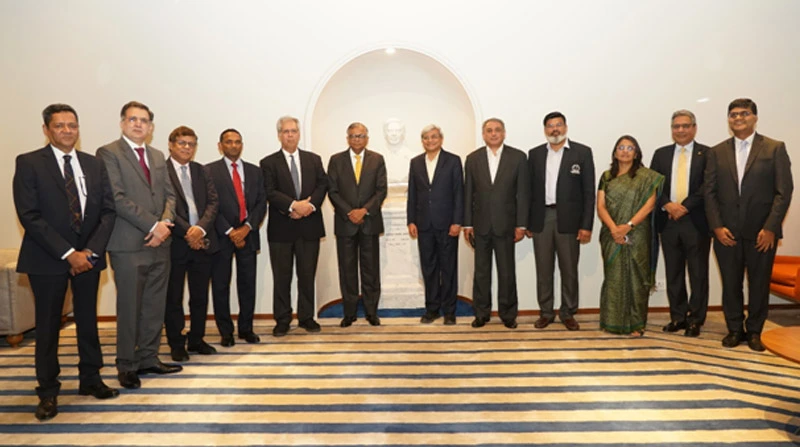Indian Institute of Science
Envisioned as a 'University of Research' by Jamsetji Nusserwanji Tata, the Indian Institute of Science (IISc) came into being on May 27, 1911. IISc has evolved into one of India's most sought-after centres for research and postgraduate education in science, technology and engineering, and a byword for excellence. Its state-of-the-art research laboratories, library and computational facilities rank among India's best.
At the Institute, the Trusts are supporting a longitudinal research project on Alzheimer’s. The goal of this project is to understand the pathogenic mechanisms underlying the changes that occur in the pre-clinical stage of dementia including Alzheimer’s disease (AD) using an interdisciplinary approach spanning multiple levels of organisation (molecular, cellular, network, behavioural), use of model systems and studying human subjects longitudinally, as they age.
IISc has succeeded in digitising all related studies in an end-to-end platform that was developed in-house. The centre set up the first 3 Tesla scanner in India for use in the study of brain function and dysfunction in dementia, that is accessible to researchers across the country.
A Centre of Brain Research (CBR) has been set up at IISC. It will start another longitudinal study named SANSCOG (Srinivasapuram Aging, Neurosenesence and Cognition Study) to study the consequences of aging and cognition among the rural population of Srinivasapuram in Kolar district of Karnataka.
Future plans include engaging with at least 1,000 individuals for the longitudinal study on Alzheimer’s, and continuing to follow up on the people who are already part of the study. Genome-wide arrays and whole genome sequencing will be carried out on subjects to identify genetic risk factors and protective factors, which can be used to plan interventions. Studies on animal models that indicate the overlay of vascular insult leads to increased amyloid pathology will be further probed using human data from the study and public data bases.
IISc is also setting up a new generation sequencing platform to carry out whole genome sequencing of objects. This initiative has enabled IISc to bring together 22 institutes from all over the country to form a Genome India consortium, that aims to carry out whole genome sequencing of 10,000 individuals representing the ethnic diversity of India.






